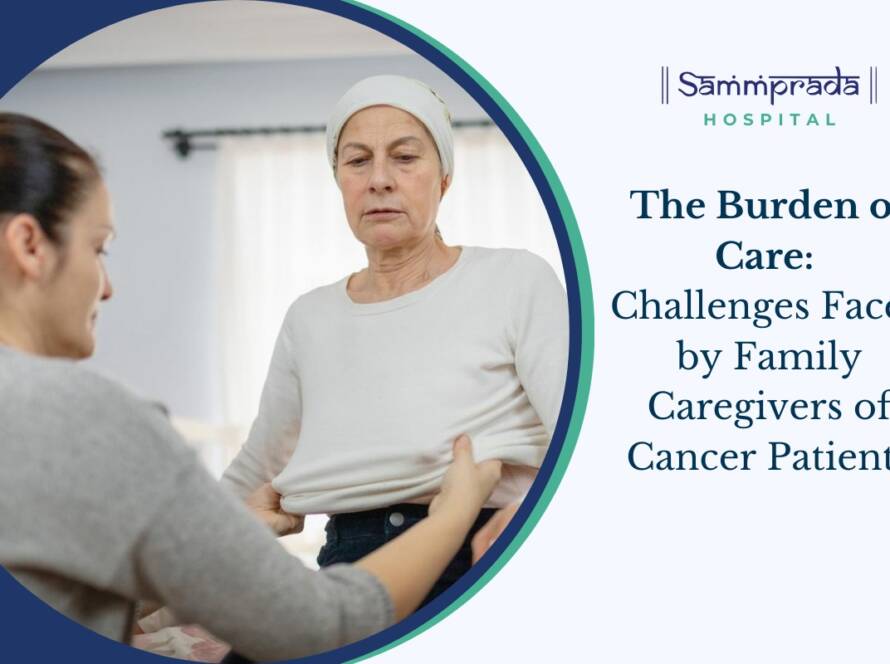Cancer, both as a systemic disease and as anti-cancer treatment, can lead to cardiovascular disease. The manifestations of cardiotoxicity secondary to chemotherapy include subclinical decline of left ventricular ejection fraction (LVEF), new-onset heart failure, conduction disorders, hypertension, thrombotic events, and cardiovascular ischemia. The cumulative and dose-dependent effects are generally considered irreversible. To detect clinical and subclinical damage before, during, and after chemotherapy, Sammprada regularly follows protocols for monitoring cardiac functions. Initiation of cardioprotective medications improves the outcome of such patients, including subclinical patients. Our comprehensive Oncocardiology Care ensures optimal heart health during and after cancer treatment.
Oncocardiology Care at Sammprada: Ensuring Cardiovascular Health in Cancer Patients”
At Sammprada, we use an algorithm for cardiovascular monitoring of these patients which includes clinical assessment (preliminary and periodic), diagnostic testing, biomarker assessment, preventive and treatment measures. Our treatment guidelines specifically define, detect and treat cancer treatment related cardiotoxicity. We monitor cardiac markers (troponin, BNP), biological determinants of inflammation (CRP, IL-6) and biomarkers of endothelial injury (TPA), cardiac imaging methods for global logitudinal strain (GLS), or combinations therewith. We also evaluate the patient reported quality of life, and their overall survival.
Our endeavor has been to regularly assess the morbidity of cardiovascular disease among cancer patients on treatment, and to analyze the appropriate diagnostic measures (instrumental, serological or molecular) for its surveillance and diagnosis. Our team is consistently gathering evidence on the long term benefits of cardiovascular medication during cancer therapy, which includes primary or secondary prevention measures for cardiac and metabolic toxicity. In the future, our research team will gather evidence on the genetic profiles and serological biomarkers such as proteomics, in the assessment of cardiac toxicity.


